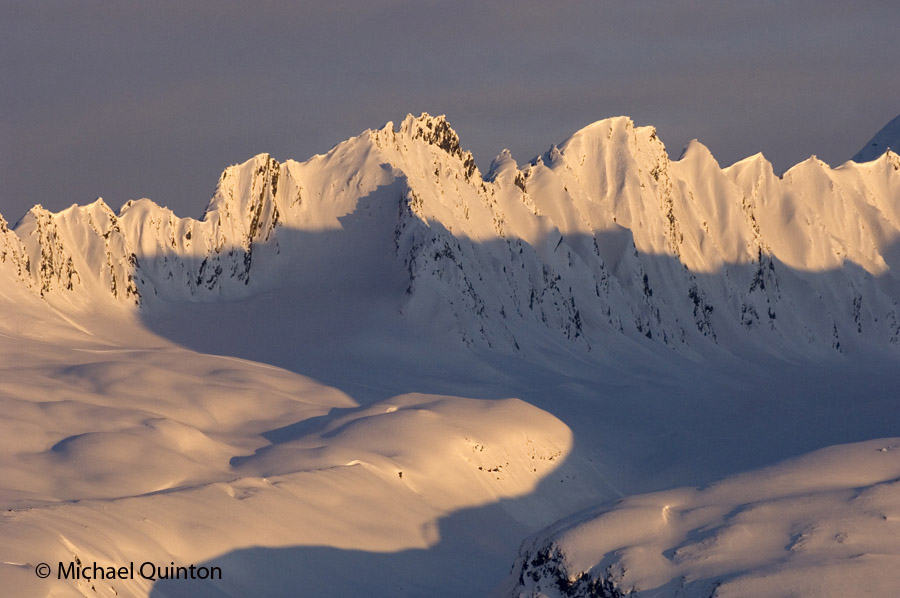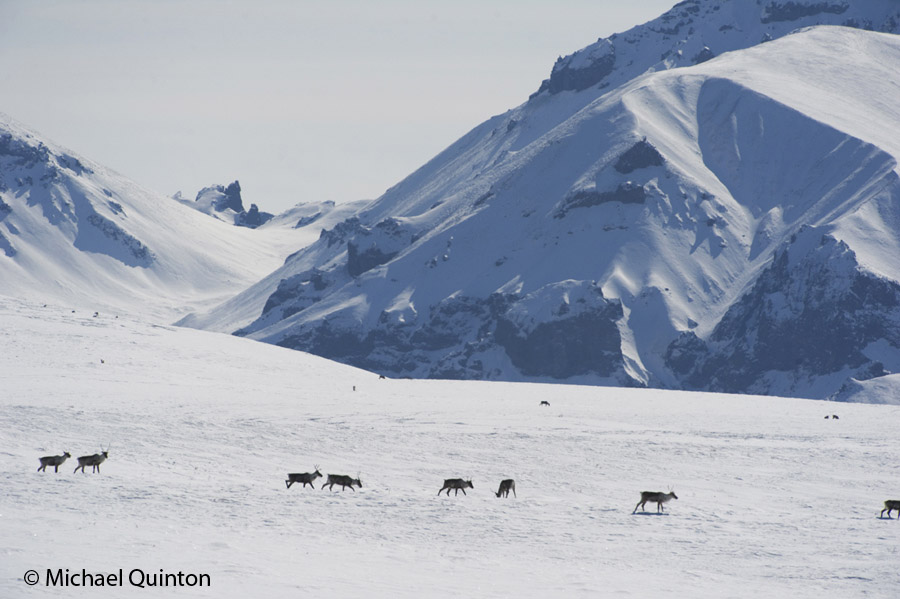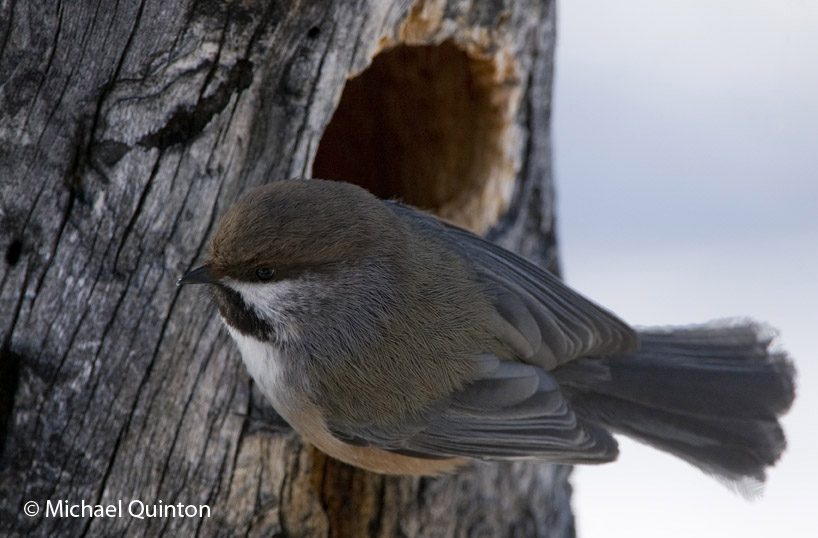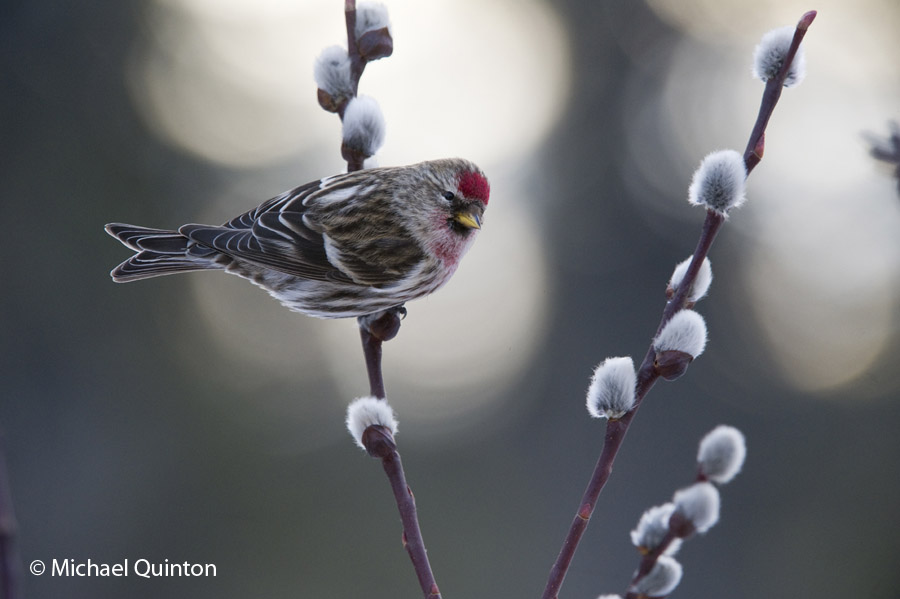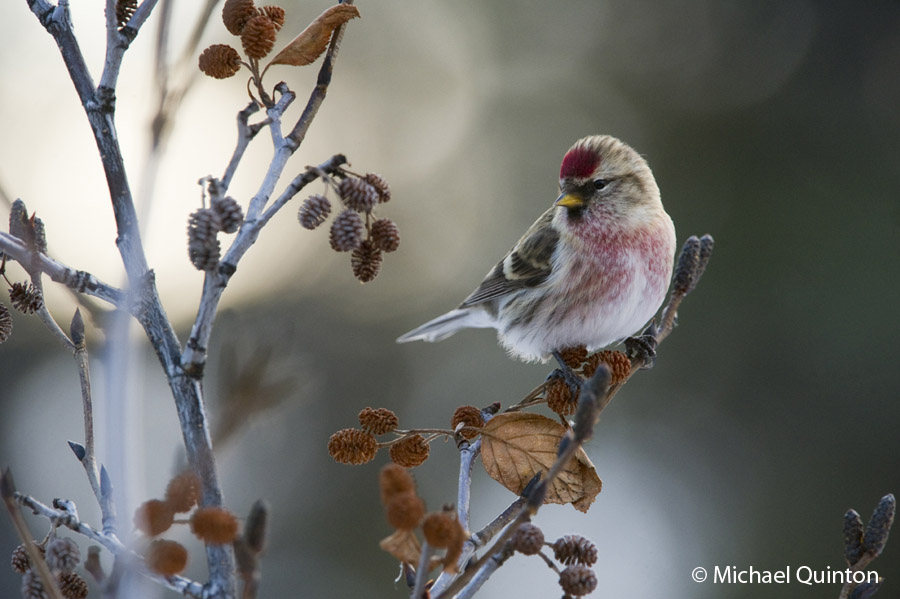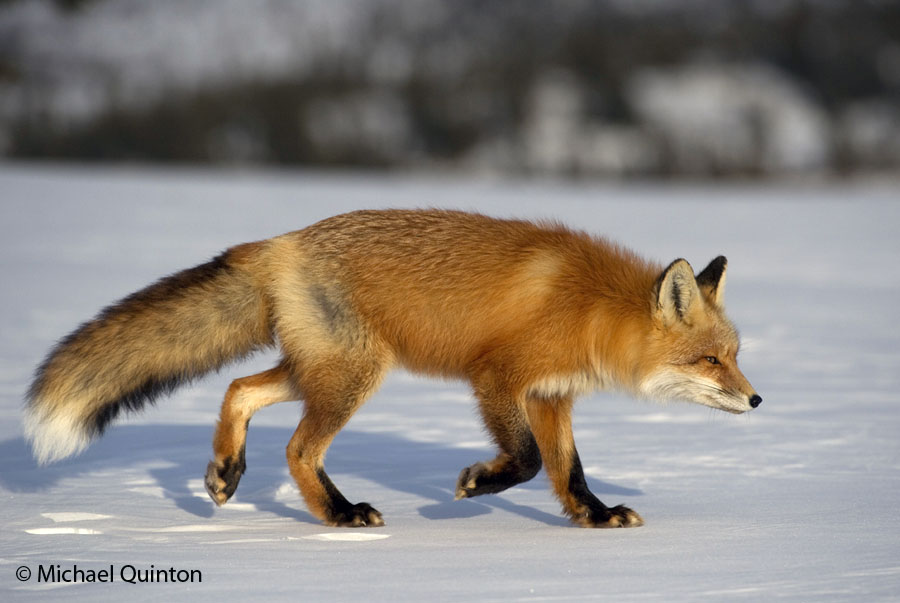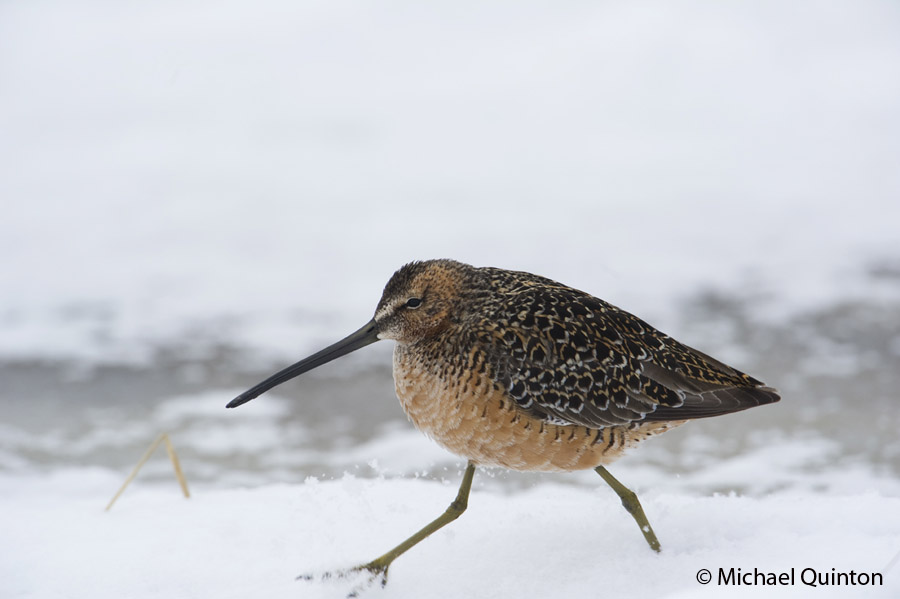 Long-billed dowitcher found interior Alaska still in the grip of winter.
Long-billed dowitcher found interior Alaska still in the grip of winter.
What a difference one year can make. This spring came earlier than normal to the Upper Copper River country in interior Alaska. It was warm and without our
usual spring snow storms. But last year, during the first week of May and at the peak of spring bird migration we were hard hit by a freak blast of winter weather. More than two feet of heavy snow fell over a period of several days covering everything including most sources of food for migrating birds. Continue reading

